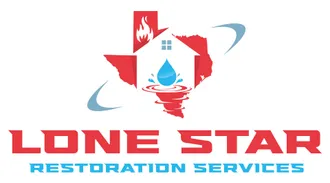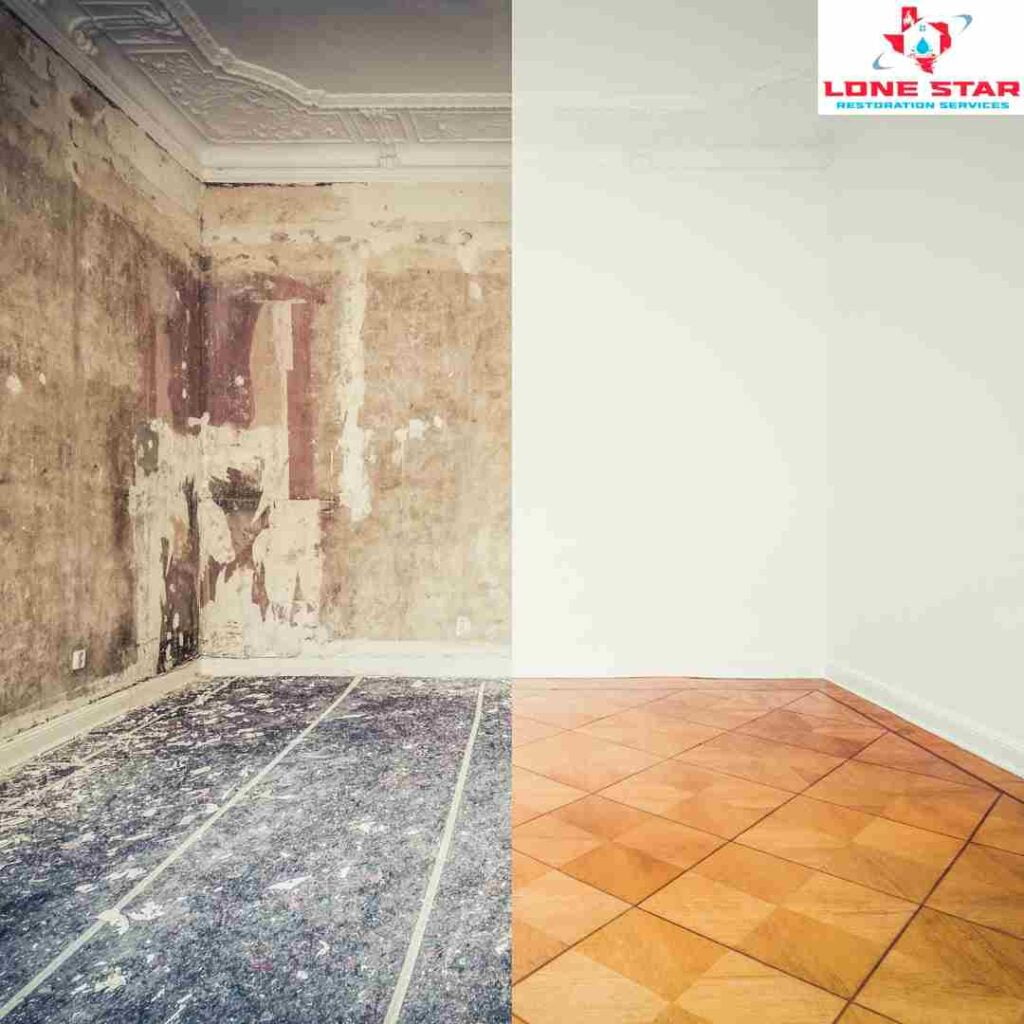Top 10 Questions to Ask Your Restoration Service Provider Before You Hire Them
Whenever a flood, fire, or severe storm occurs, a person’s first thought is getting their loved ones and themselves safe and to safety as quickly as possible, trying to save whatever is left. At a time probably sooner than you might imagine, actually, the really hard work of recovery starts just after the danger has passed. The decisions you make in the hours and days right after a disaster can go a long way in determining the fate of your home. The most critical decision you have to make concerns restoration service providers.
With so much riding on this decision, you cannot afford to hire just any company that may be only competent but untrustworthy and unresponsive. How do you identify such a company? Indeed, the answer lies in asking questions. Here are the top 10 questions you should ask your restorer before you hire them. These will help you know whether they have the expertise, professionalism, and ability to cater to your particular needs.
1. What Certifications and Training Do Your Technicians Have?
The first thing that one must inquire about would be what kind of certification and training the technicians have. Certification testifies to quality and performance capability. This means whoever will work on your home has the proper skills and knowledge to perform the restoration work in the right manner.
The IICRC is the most recognizable certification in the restoration industry. Certification from the IICRC reflects that technicians have undergone strict and rigorous training, and their work will meet industry standards. Besides IICRC, find out if the firm has other relevant licenses or certifications to do business pertaining to their area of expertise, like mold remediation or fire damage restorations.
It’s also worth asking how often the business technicians go through training. Restoration techniques and technologies change quite frequently, and you would like to be assured that whoever works on your home is current concerning methods and tools.
2. How Soon Can You Answer an Emergency?
Restoration is time-critical. The longer there is water, smoke, or mold, the more damage is likely to happen. For this reason, it’s best to ask for the response time of the company. This would mean that a good restoration firm should be out within only a few hours from your call at any time of the day or night.
Ask if they are available 24/7, including holidays. Also, ask about quick mobilization and the resources they have to their availability. Some companies may have multiple teams or large stocks of inventory, allowing them to work multiple emergency jobs at a time.
Remember, with fast response comes minimal damage, which reduces the cost of restoration.
3. Do You Have Any References or Customer Testimonials?
The hallmark of a reputable restoration company is to have a satisfied customer base. Do not take their word for it; ask for references or check testimonials online from customers. This will greatly aid by discussing with past customers or reading those reviews relevant to the reliability, quality, and customer service the company can offer.
Questions to be asked when checking references should include the overall quality of the experience with the company, the quality of the communication, how unexpected problems were handled, if the work was completed on time, and was it within budget. If a company is very slow to provide references, that is often a red flag as well.
Also, check online review sites such as Google, Yelp, or the Better Business Bureau (BBB) for other customers’ comments. Take note of the recurring themes—both good and bad—as they can give an indication of what you can expect.
4. What Is Your Experience with Insurance Claims?
Of all the restoration tasks, perhaps the most intimidating part of the process is dealing with insurance claims. A good restoration company will have experience working with insurance companies and thus can help you in times of need by navigating the claims process.
Ask if they are going to help you with the documentation process and if they will also communicate directly with your insurance adjuster. Some restoration companies will even handle the entire claim process for you, ensuring that all necessary paperwork gets completed and submitted correctly.
It’s also important to ask if the company is approved by your insurance provider. Many insurance companies have a list of preferred vendors, and by hiring a company on that list, one can make the claims process easier.
5. Can You Give Me a Detailed Estimate?
You should receive a detailed, written estimate before the start of work of the nature of the work to be performed, materials and labor involved, and all other related costs. To the greatest extent possible, this written estimate should include items of cost components.
Ask how the estimate is prepared—is an on-site detailed inspection by the company required? Are there any potential costs that could come later in the project? Be sure to obtain a proper detailed understanding of their pricing structure and whether the given estimation is fixed or may change.
You can avoid unexpected costs with a detailed estimate and budget accordingly. It also provides you with a basis in case you are comparing several restoration companies.
6. What Is Your Projected Timeline for Completion?
Timeframes can run from several days to even several months, depending on how bad your damage was and what kind of restoration work needs to be done. But however long, it’s important to know exactly how long.
Ask them for an estimated time to completion and what might be involved in the probable delays. It is also good to know what their management style is—is it multiple projects running parallel, or will they just be focusing on yours?
Having the knowledge of how the timeline works gives you a more realistic expectation of when you might be back in your home—for the most part—so you might plan temporary living arrangements during house restoration.
7. What Steps Do You Take for Safety and Compliance?
Depending on the restoration involved, it can include a variety of hazards: from mold and asbestos to other poisonous substances. It is important to know what kind of safety measures the company has in place for employees and your protection at home.
Check their policies regarding safety, the equipment they wear, and how they care for dangerous goods. Find out if they follow all OSHA rules and have any specific safety certifications.
Lastly, a company will require assurance with respect to compliance with building codes and local regulations. Ask the company how it ensures that all its work complies with these requirements and if they secure the necessary permits before commencing work.
8. Do You Offer a Warranty or Guarantee?
A quality restoration company should stand by the work they do. An excellent question to ask is if they offer any warranties or guarantees and request that, upon receipt of this information, it be written. To the majority of clients, a warranty has to be about materials quality and workmanship for a certain time from the completion of the job.
Ask about what the warranty covers, how long it lasts, and the process for filing a claim should you need to. Similarly, ask about any satisfaction guarantees and what you can do if you’re not satisfied.
That a company has such a strong warranty should entail that it stands by the quality of the work delivered and is committed to satisfying its customers.
9. What Experience Do You Have with My Particular Type of Damage?
Restoration companies usually specialize in one thing or the other, like water, fire, or mold damage. You will want to choose a company that has relevant experience for your situation.
Ask if they have experience with your specific type of damage and whether they have done similar cases before. For instance, in case of fire damage to your home, you would ask about their experience in removing smoke odor, cleaning up soot, and structural repairs.
The more experience a company has with your kind of damage, the better it will be at restoring your home effectively and efficiently.
10. What Is Your Communication Plan During the Restoration Process?
Effective communication is required in the restoration process. You want to be updated regarding the progress of work, problems occurring, or some timeline or cost changes.
Ask the company how they will handle the communication. Will you have a dedicated point of contact? How often will they update you and by what medium—via phone, email, or in-person meetings?
Communication lets you know what is happening with your project and enables you to handle any of your concerns immediately.
Conclusion
Selecting the appropriate restoration service provider is one of the most important decisions you will ever make during the recovery of your home from a disaster. With the help of these 10 questions, you will know you’re hiring a qualified and experienced company, but also one that is trusted and focused on your needs.
Keep in mind that you aim to find a restoration partner who will return your home to its pre-disaster condition with as little stress and disruption as possible. Don’t be afraid to ask these questions or any others you have in mind since it’s your home and peace of mind is on the line. Of course, a quality restoration company will certainly appreciate these questions and all others and provide the answers you need to make an informed decision.





